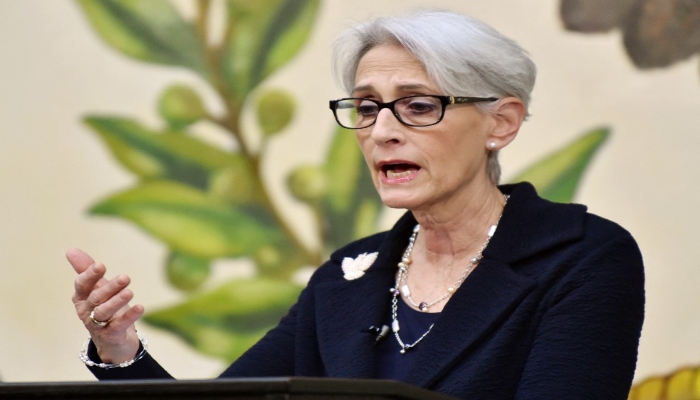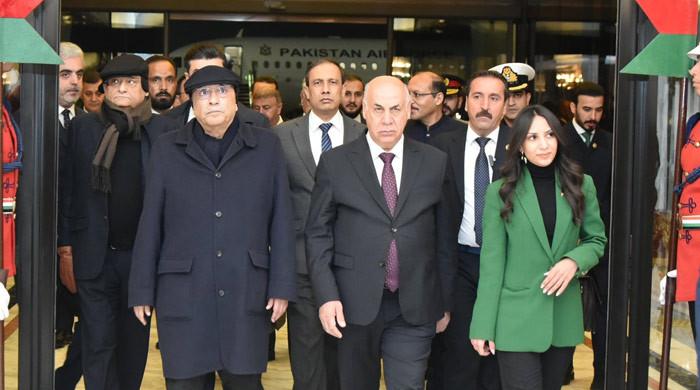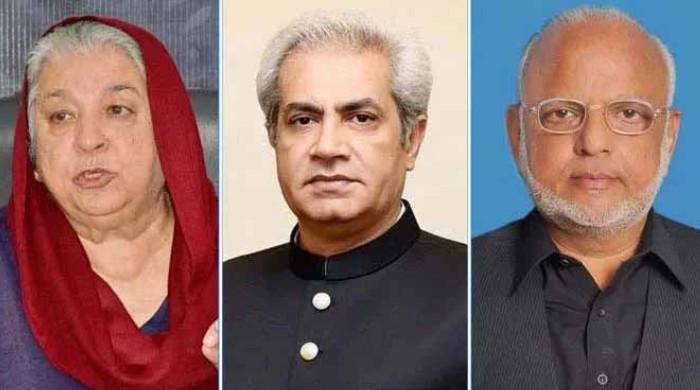US Deputy Secretary of State Wendy Sherman to visit Pakistan on Oct 7-8
After CIA Director Will Burns, this will be one of the first high-level officials under President Joe Biden to visit Pakistan
September 28, 2021

- Before coming to Pakistan, Sherman will visit India from October 6-7.
- After CIA Director Will Burns, this will be one of the first high-level officials under President Joe Biden to visit Pakistan.
- US President Joe Biden is yet to speak to PM Imran Khan since assuming office.
The United States Deputy Secretary of State Wendy Sherman is scheduled to visit Pakistan next month from October 7-8, as per a report in The News.
Before she arrives in Pakistan to hold meetings with the top Pakistani leadership, Sherman will travel to India on October 6-7.
This will be one of the first high-level officials under President Joe Biden to visit Pakistan, after CIA Director Will Burns.
In India, Burns will address the US-India Business council’’s annual “ideas summit,” the State Department had said.
Biden, who like his predecessors has called for strong relations with India, has yet to speak to Khan, although Secretary of State Antony Blinken met his Pakistani counterpart on the sidelines of UN meetings last week and thanked Islamabad for help in evacuating Americans from Afghanistan.
Pakistan not to blame for 'unwinnable' Afghanistan war, says PM Imran Khan
A day earlier, PM Imran Khan had penned an opinion piece for The Washington Post in which he had criticised the former Afghan government and Western states for blaming Pakistan for the consequences of the "unwinnable"Afghan war.
"Let me put it plainly. Since 2001, I have repeatedly warned that the Afghan war was unwinnable. Given their history, Afghans would never accept a protracted foreign military presence, and no outsider, including Pakistan, could change this reality," he wrote.
PM Imran Khan lashed out at successive Pakistani governments, saying that they had sought to please the US instead of pointing out the flaws of a military-driven approach in Afghanistan.
"Pakistan’s military dictator Pervez Musharraf agreed to every American demand for military support after 9/11. This cost Pakistan, and the United States, dearly," he had stressed.
He cited the US support for the Afghan Taliban back in the '80s, noting how then-president Ronald Reagan entertained them at the White House during the days when the CIA and the ISI trained them to fight against the Soviets.
"Once the Soviets were defeated, the United States abandoned Afghanistan and sanctioned my country, leaving behind over 4 million Afghan refugees in Pakistan and a bloody civil war in Afghanistan. From this security vacuum emerged the Taliban, many born and educated in Afghan refugee camps in Pakistan," he wrote.
"Fast forward to 9/11, when the United States needed us again — but this time against the very actors we had jointly supported to fight foreign occupation," said PM Imran Khan.
PM Imran Khan lamented how General (retd) Musharraf, who was then ruling over Pakistan, had turned a blind eye to US drone attacks and had given the CIA a footprint in Pakistan.









